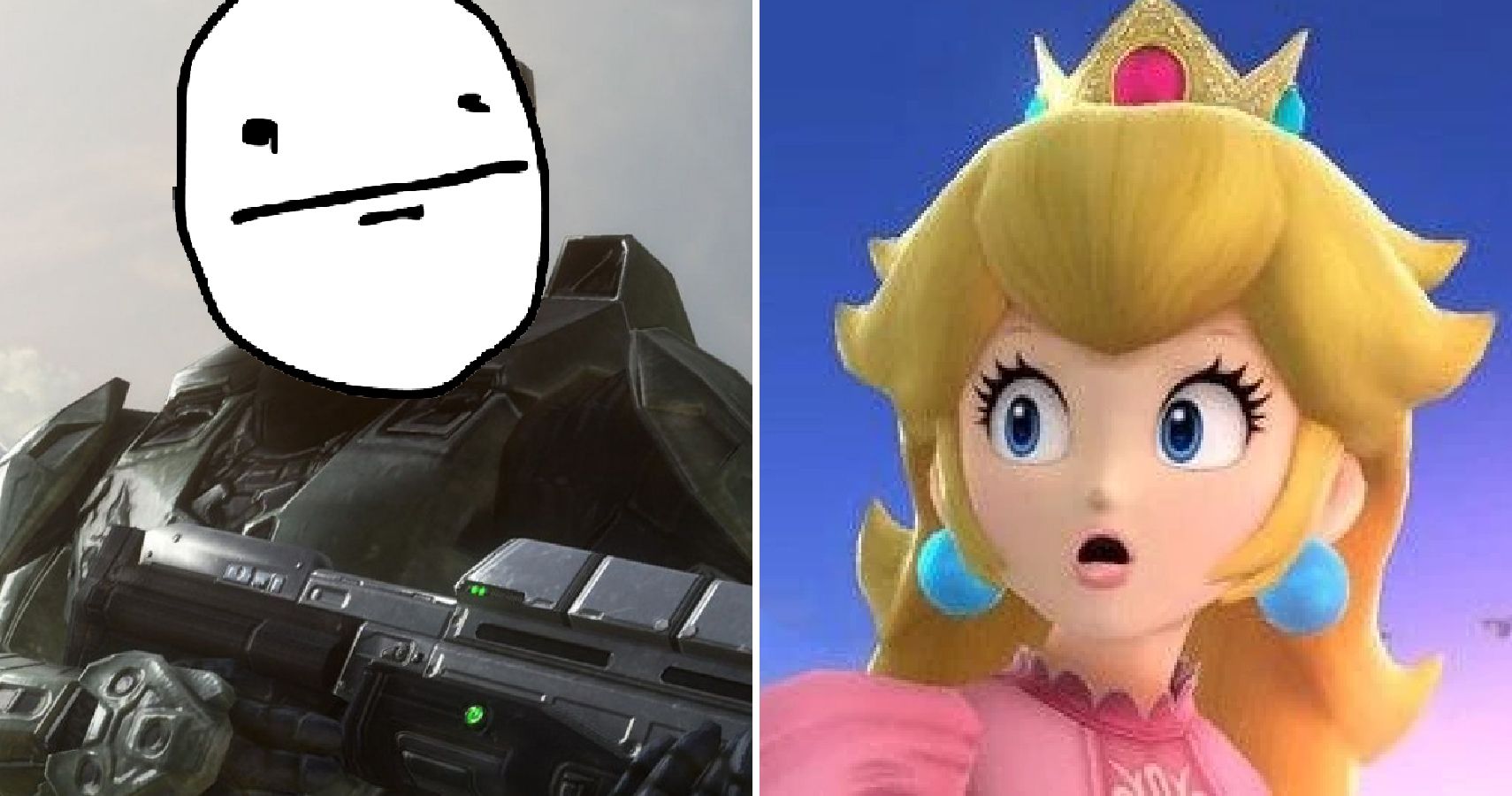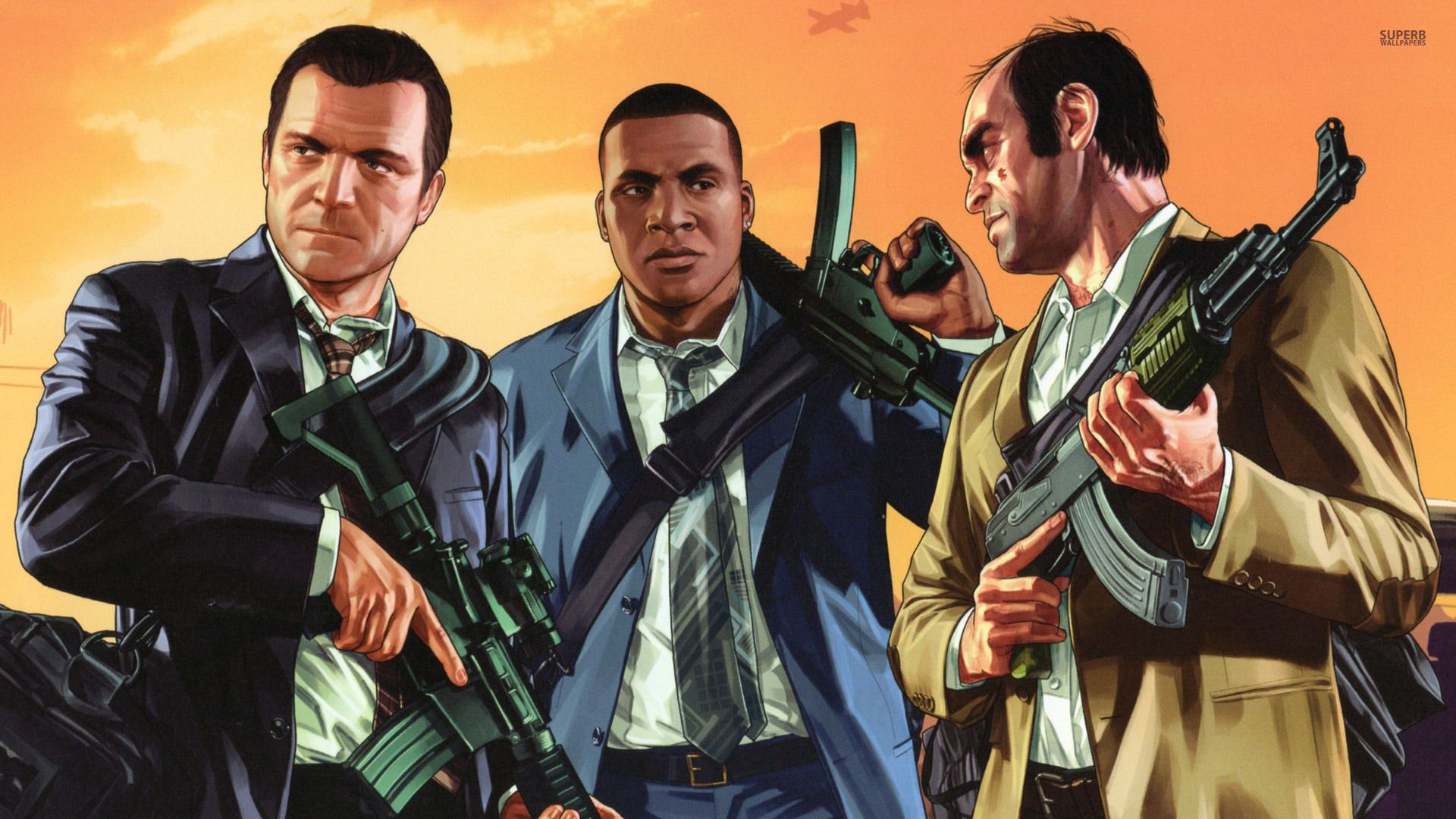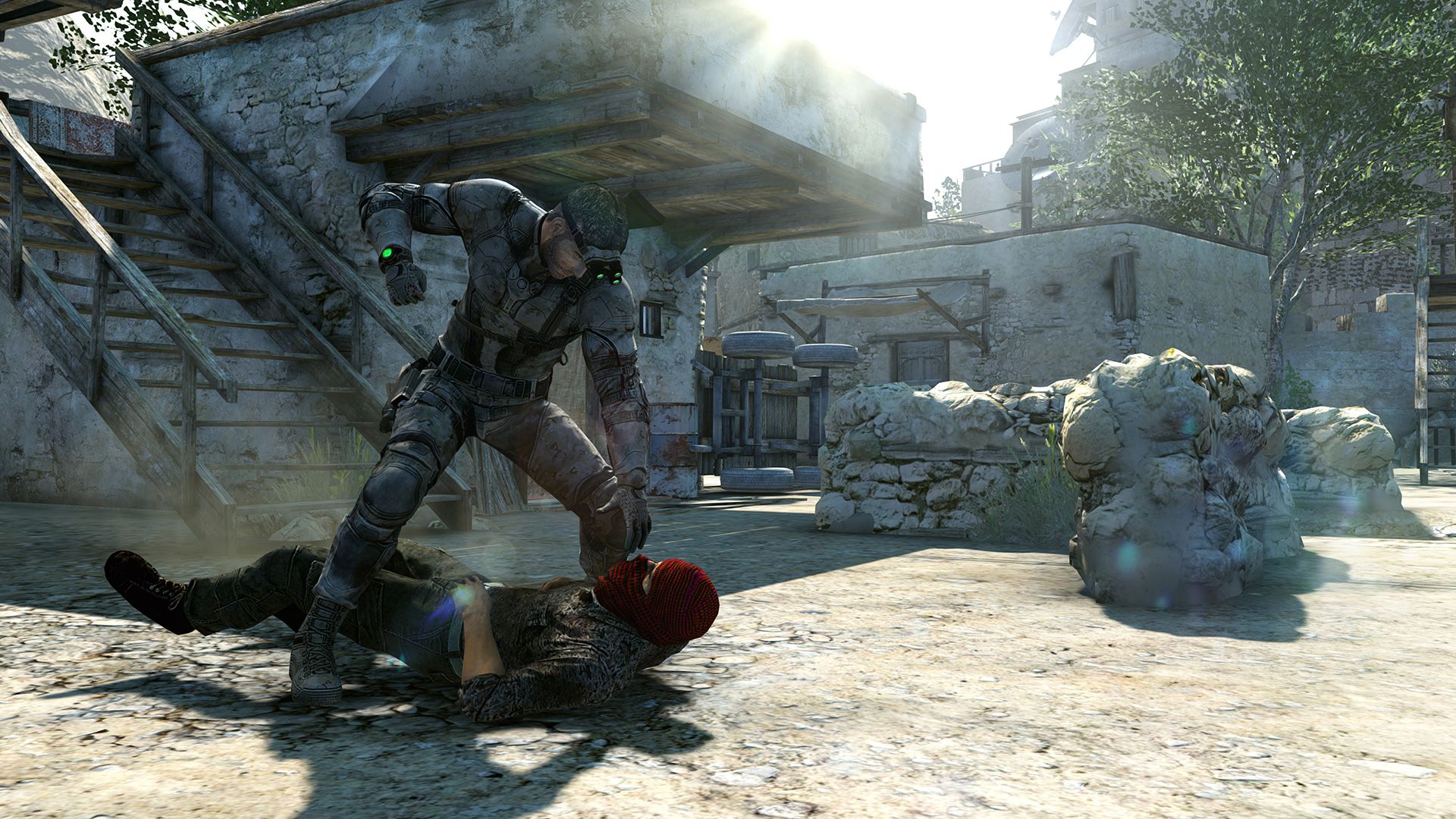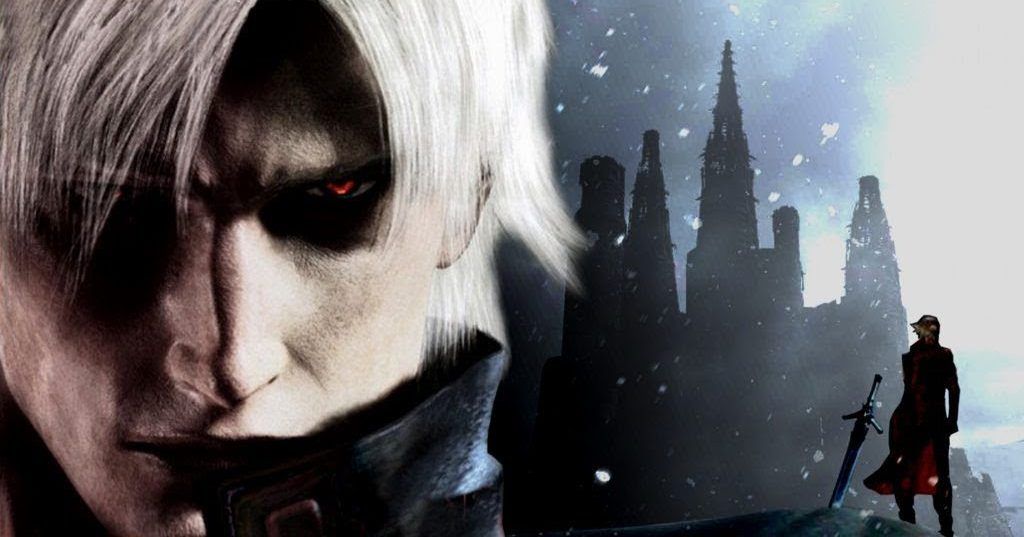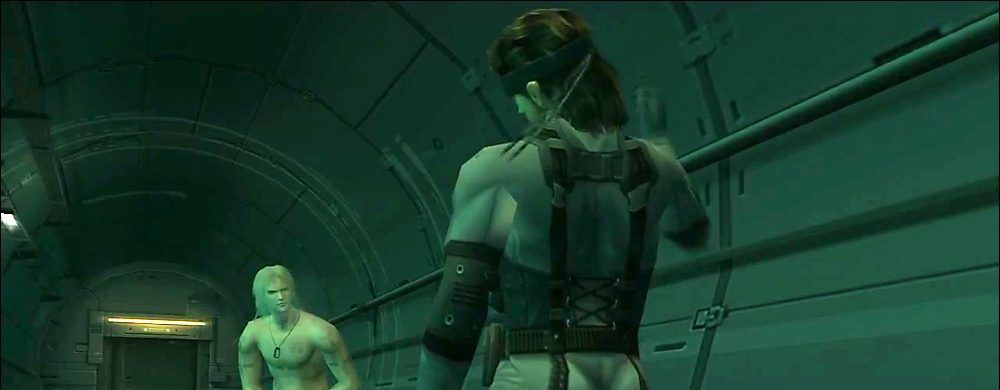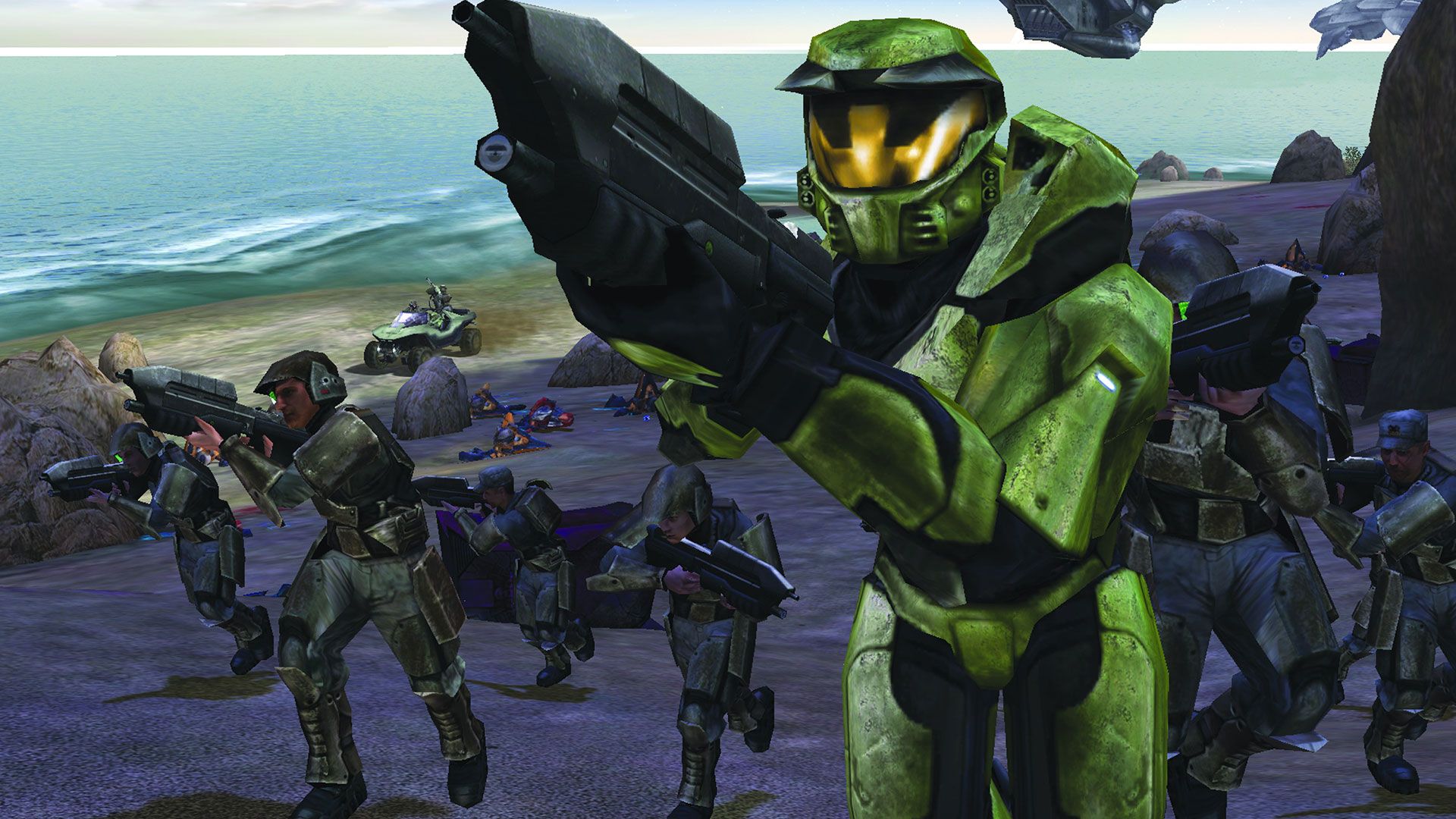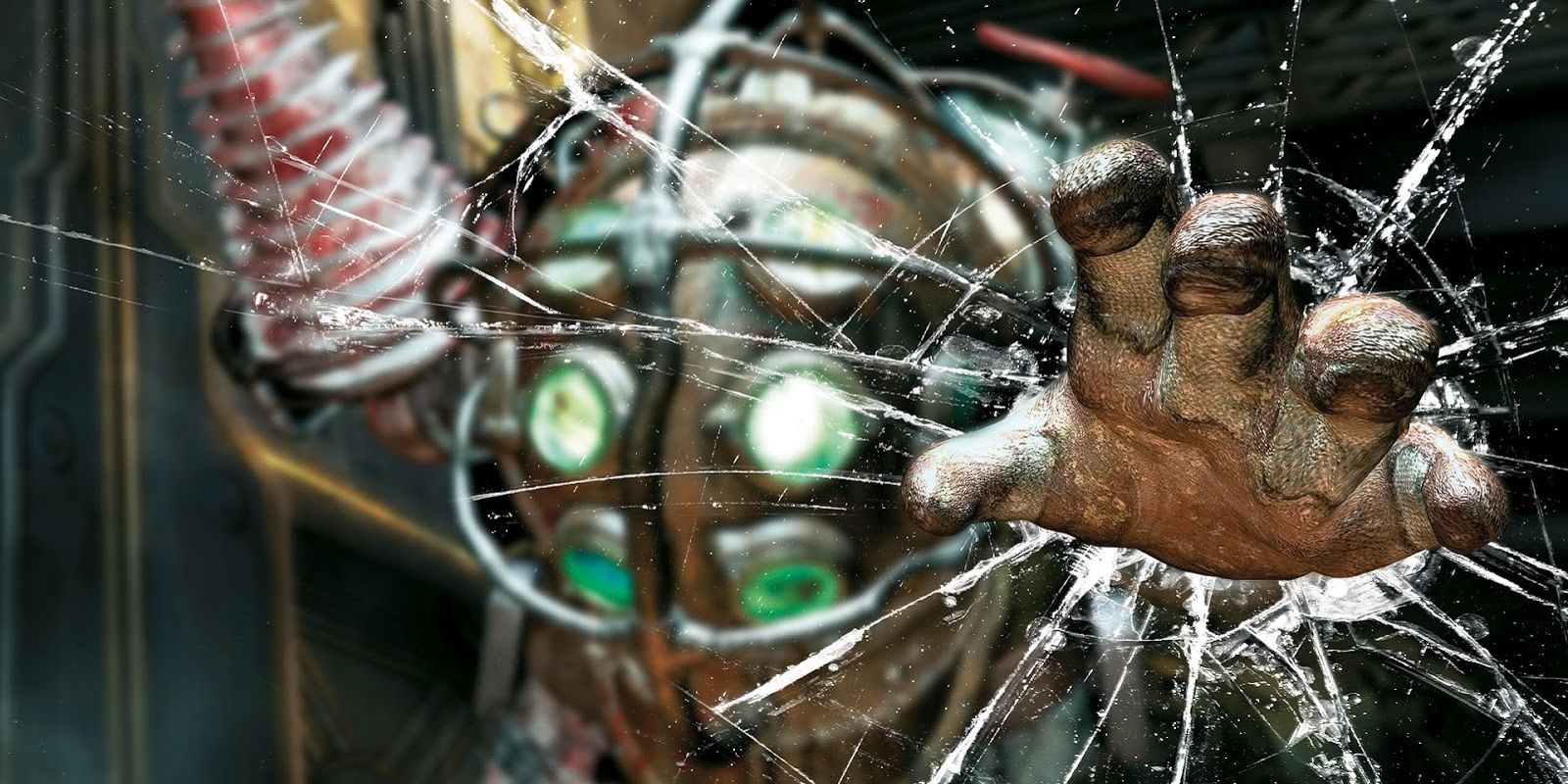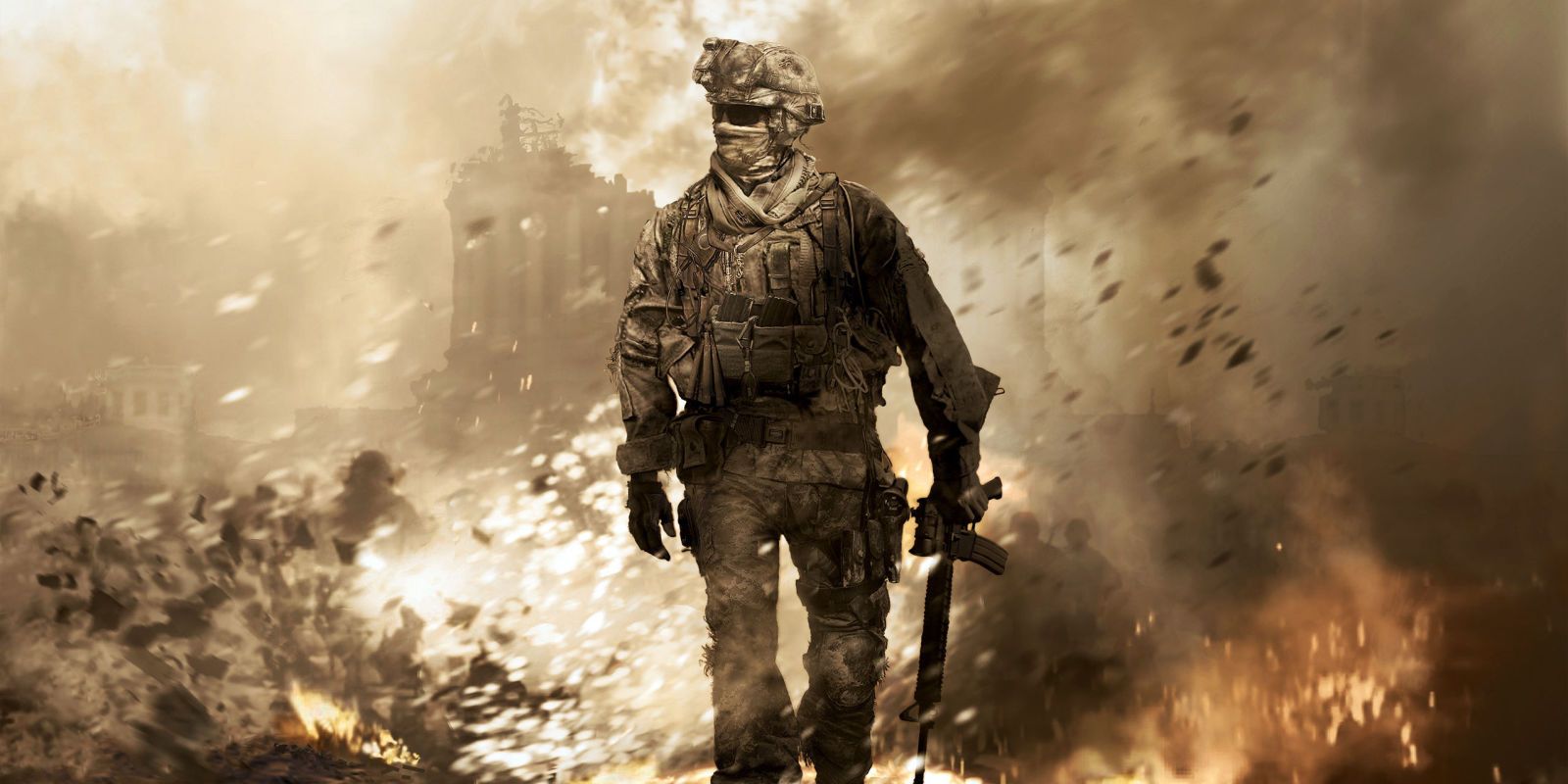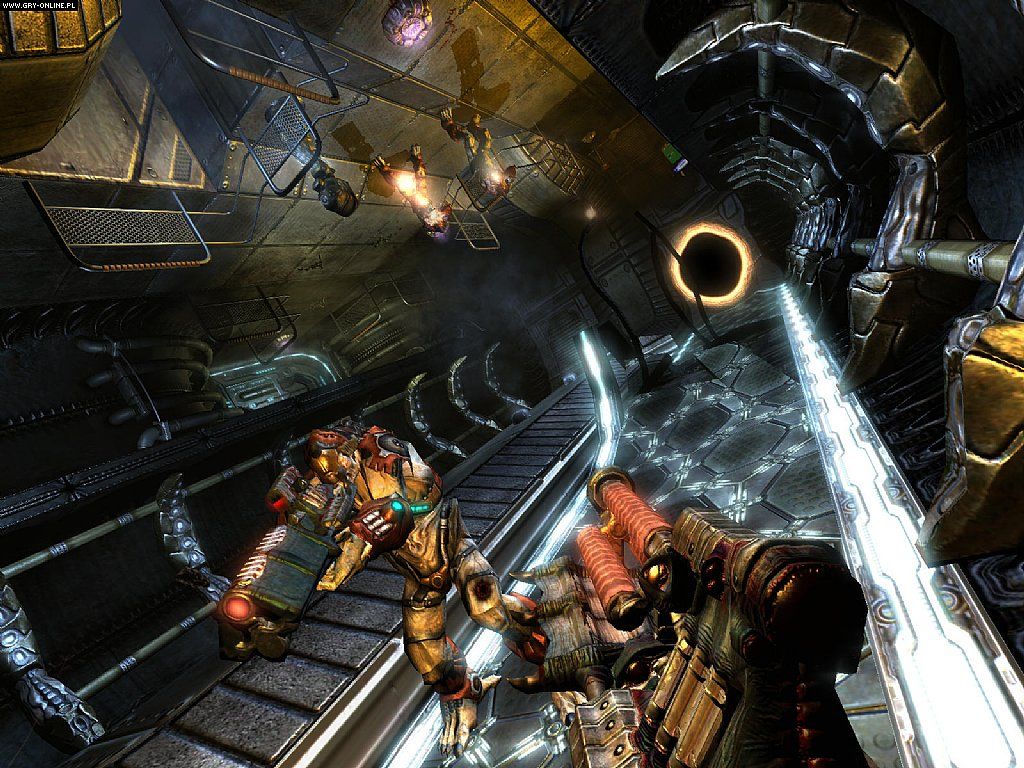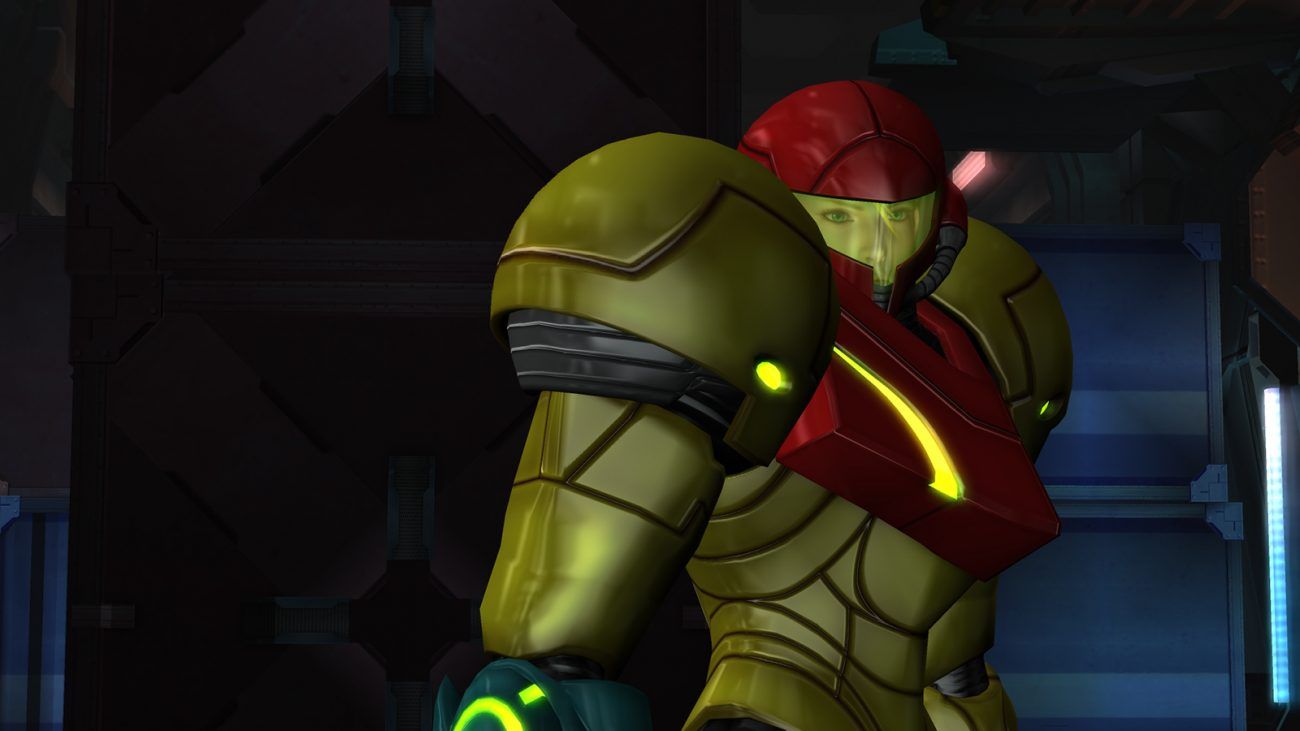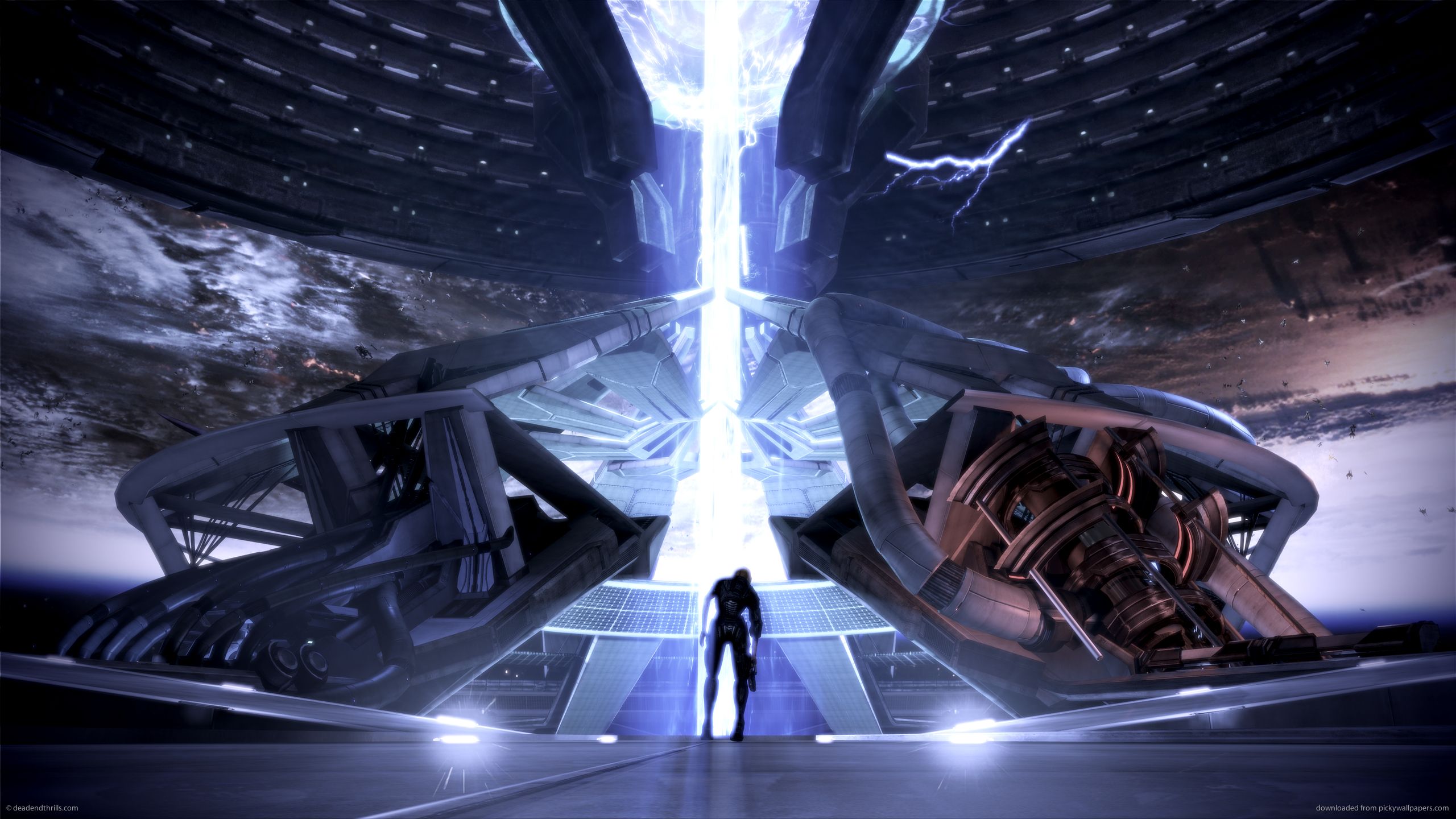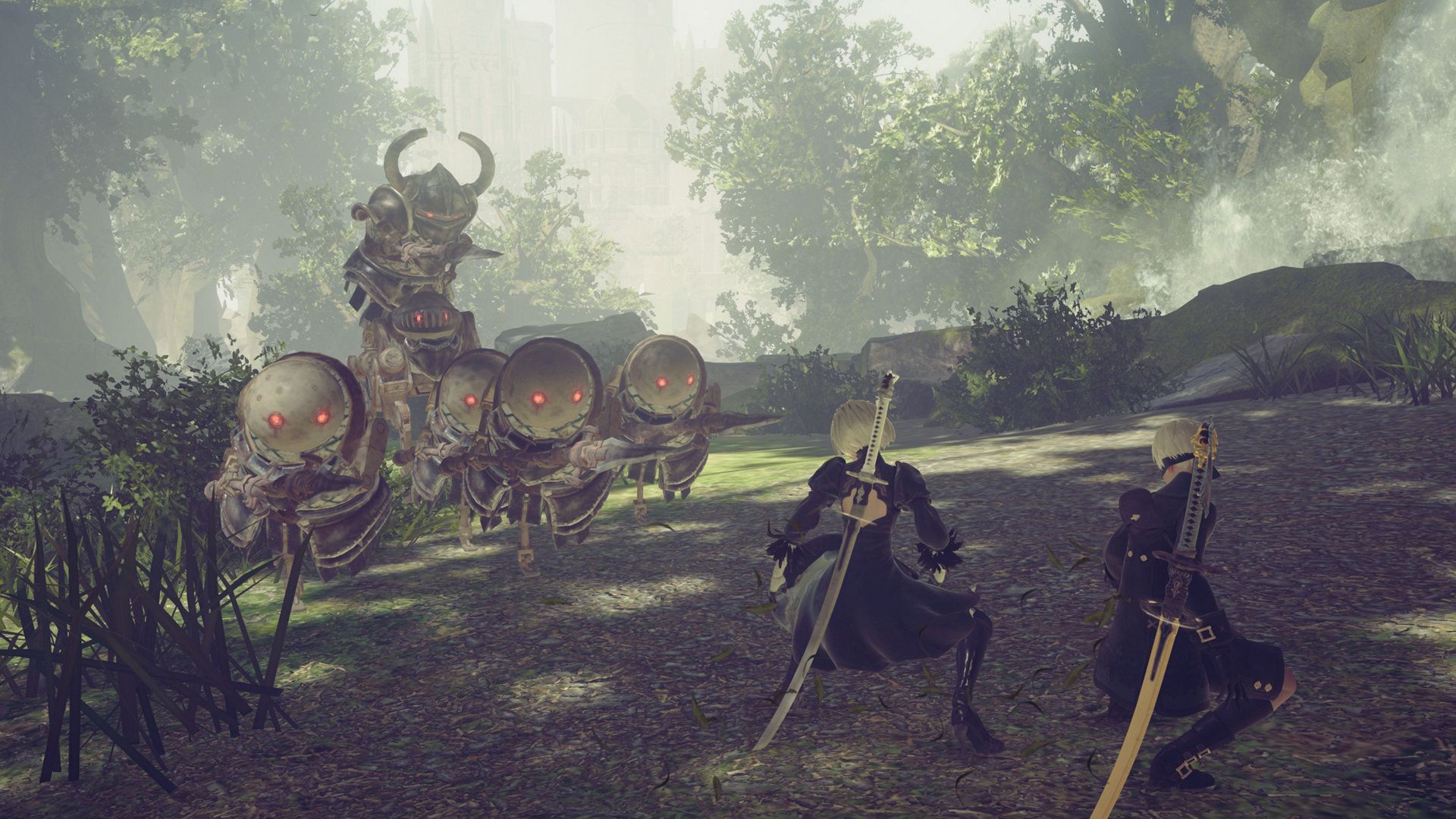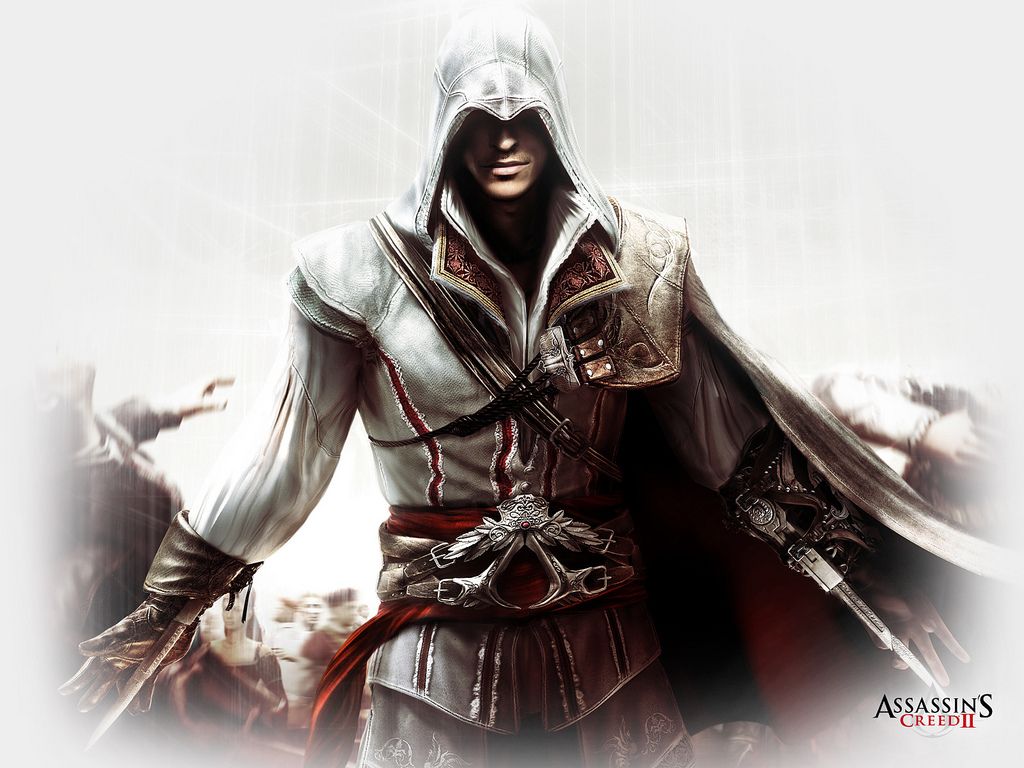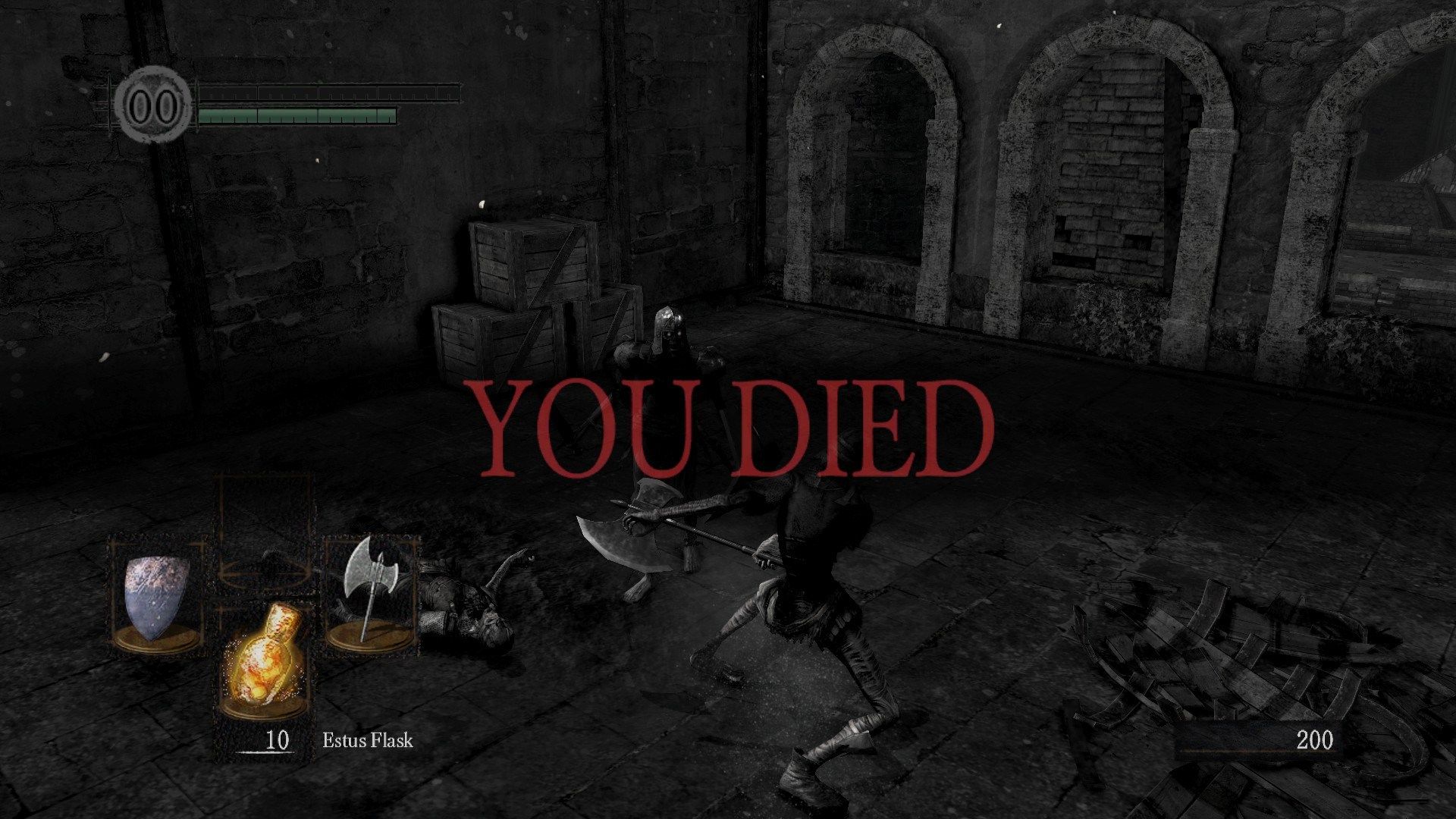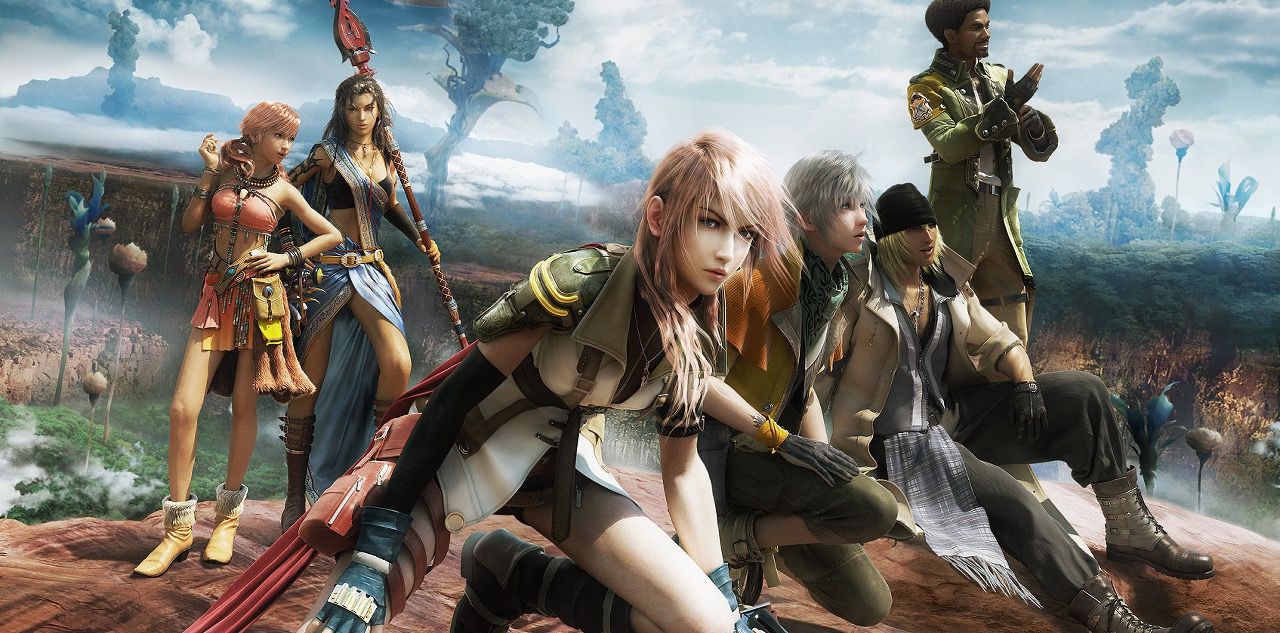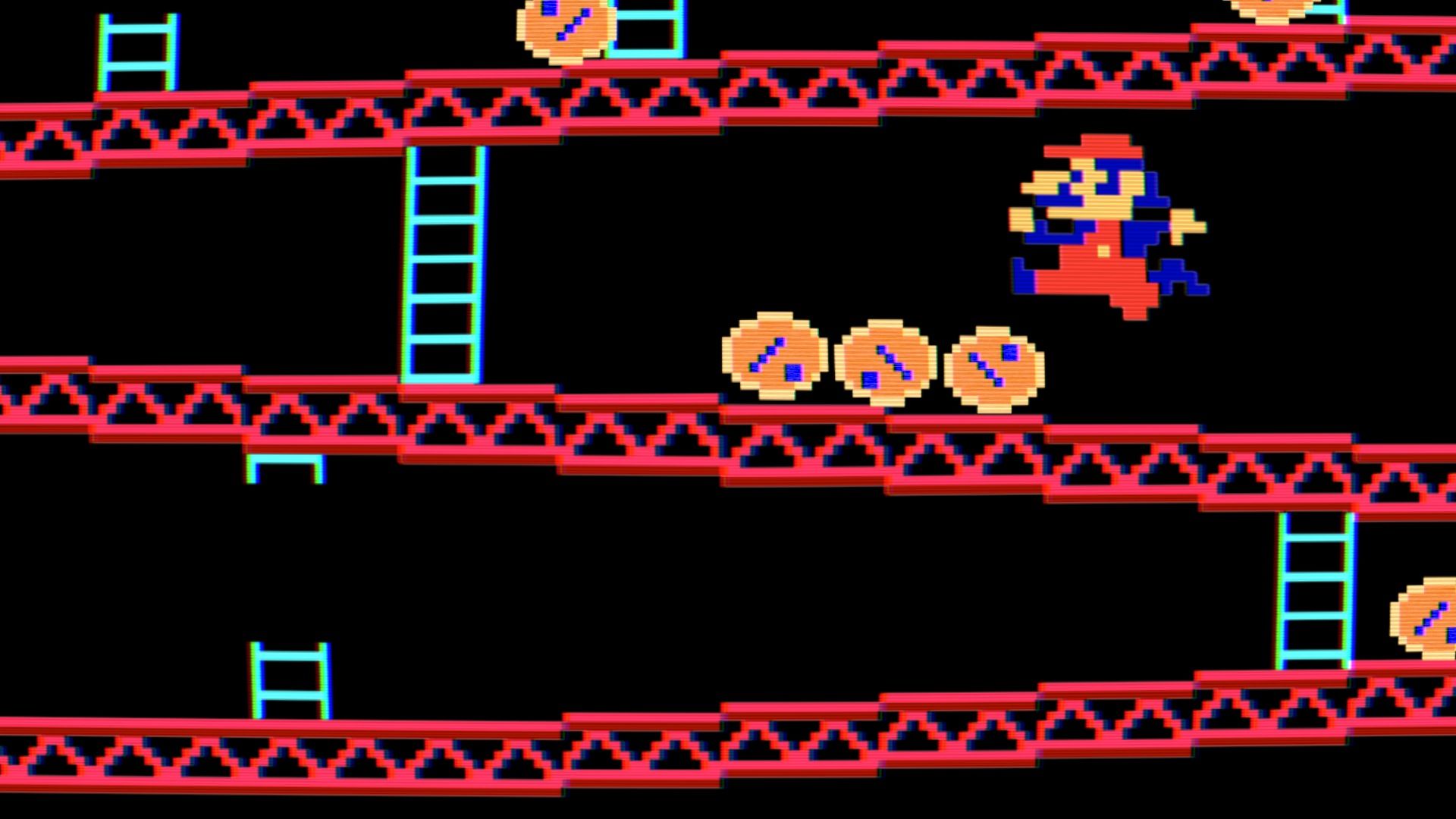When it comes to popular console video games, there are a number of assumptions we as entertainment enthusiasts make about the things we love. Just based on the facts, sometimes the road to a successful game is filled with an abundance of interesting and unique stories. Some of the most celebrated series in gaming have secret histories of their origins that are often forgotten about in the wake of the new game’s release. Sometimes the platforms we associate with core gaming experiences weren’t originally paired with our beloved first-party titles.
Other assumptions in gaming are largely misconstrued to the marketing of the product in question. In Halo 5: Guardians, players were cheated out of a potentially interesting narrative of a major rivalry between Master Chief and Spartan Locke. All of the marketing for the game (even the Hunt the Truth radio play) was made in an effort to challenge players’ assumptions about the green hero. In actuality, the Chief has a perfectly good reason for going AWOL and the rivalry becomes nothing more than a short fistfight brewed from misunderstanding.
This is a more recent example of an outward assumption that changed upon players getting a handle on the game itself. In actuality, many of our favorite series in gaming have a tremendous history and origins that you may not know. To solidify this fact, here’s a list of just 15 things that everyone typically gets wrong or may not even know about their favorite games.
15 Satire Of The American Life
From an outward glance, the Grand Theft Auto series may seem like a game riddled with serious problems in its depictions of night works, gun violence, and the police. In fact, it is still one of the most controversial video game series to date. Without having played them, or only seeing them being played for a limited time, it may come as a shock to learn that the games are a satire of American life. Take Grand Theft Auto V, there is a social network called Life-Invader that is a direct response to Facebook. Ever turn on the radio in-game? You will hear a variety of popular, current music and a DJ and/or news piece that will have a direct line to a hot-button issue. For example, there is a radio ad that encourages parents to hit their children.
14 By Name Only
Tom Clancy’s work as a novelist is unquestionably one of high quality. He even founded a game studio called Red Storm Entertainment on the premise for many of his stories to be adapted into games. After the acquisition of Red Storm by Ubisoft, the company shifted to make militaristic and spec-ops titles based on the Tom Clancy name, but not necessarily the novels he wrote. In fact, the only Tom Clancy video game that is remotely based on any of his novels is Rainbow Six. Ubisoft has completely made up all of the current games under the Tom Clancy brand including Ghost Recon, Splinter Cell, and The Division. There are even novels that Ubisoft commissioned based on these properties they invented using the Tom Clancy name. Thus far, various authors under the pseudonym David Michaels, have written the books.
13 Resident May Cry?
Did you know that the original Devil May Cry started life as an early incarnation of the now praised Resident Evil 4? It did. Because the staff felt that the game didn’t quite fit the Resident Evil tone, they decided to use it to make an original story: the Devil May Cry we know and love today. Let’s analyze this for a second. If Devil May Cry’s feel didn’t quite fit the tone for Resident Evil, then what exactly happened with Resident Evil 6? After the Hollywood-esque scale of the sixth entry in its theatricality, one has to wonder when the line was drawn to make an over-the-top experience part of Resident Evil canon. Fortunately, Devil May Cry is a phenomenal game with a robust combat foundation, and, regardless of what meeting decided for the series to take a life of its own, we are all better for it.
12 Solid Snake Displays His Stealth Skills
After the phenomenal success of Metal Gear Solid on the PlayStation, many fans clamored for information on the PS2-based sequel, Sons of Liberty. The game had a prominent stage presence at E3 and even had a demo of the tanker chapter in Zone of the Enders. That demo and the first act of the game feature the return of protagonist Solid Snake. Of course, beyond that, the game is entirely Raiden’s story. Raiden even encounters Snake at one point, although he introduces himself as Iroquois Pliskin. That name is yet another nod to Kurt Russell’s character in both Escape from New York and Escape from L.A. Of course, being familiar with Snake, it is a jarring transition for anyone who is unprepared for the shocking twist. Sure, we see Snake pop up here and there and especially at the end, but it is all about Raiden after the tanker chapter.
11 Microsoft Takes A Bite Out Of Apple
Originally, it wasn’t Microsoft that was keen on Bungie’s premiere First-person Shooter, it was Apple. During the Macworld Expo in 1999, Apple founder and CEO Steve Jobs introduced the Apple exclusive game Halo: Combat Evolved. Curiously, the game was not a first-person shooter at all, but a third-person sandbox game. It did, however, have polished Warthog, Ghost, and Elite designs, even featuring the game’s now iconic theme song. With that being said, the Master Chief’s design was only a rough approximation to his final appearance. The proof-of-concept trailer ends with the Chief holding up a flag with Bungie’s logo before unveiling the title, Halo. Although known to back a winning concept, Jobs’ hope that Halo would be a Mac-exclusive never panned out as Microsoft bought the developer a year later. This effectively gave us the Xbox killer-app we know today.
10 Bioshock Offers A Shock To The System
Few know that System Shock 2’s developer, Irrational Games, had trouble getting much off the ground after the game’s release. The games that were published didn’t seem to stick with audiences. In fact, the idea that stuck wound up being inspired by their previous micro success of a game. Ken Levine took the shooter, role-playing, and stealth mechanics that gave System Shock 2 its legs and applied them to an Objectivist underwater city called Rapture. The gameplay tenants in both Irrational’s System Shock 2 and Bioshock have colloquially been referred to as immersive sims for their customizable aesthetics and architecture. Fortunately, the idea caught on and was quickly embraced as a marketable franchise. In fact, since the release of Bioshock, more and more immersive sims have taken off including Arkane’s Dishonored and Prey.
9 EA Misses The Call Of Duty
During an interview with IGN, Call of Duty Creator Vince Zampella spoke about the origin of the military shooter. As it turns out, it was made in direct response to EA’s pressure on Infinity Ward to create a Medal of Honor game for them. Instead of doing this, Infinity Ward partnered with Activision and created Call of Duty as a proof to the industry that they could make an excellent military shooter without compromising their end product. Since the launch of Call of Duty, EA’s Medal of Honor has lost a lot of steam with the series being shelved after the lackluster reception for Medal of Honor: Warfighter, the second game in a new continuity that attempted to bring the modern day into this aging franchise. Meanwhile, Call of Duty has seen an annual release since 2005.
8 A Different Kind Of Prey
The 2017 Arkane game, Prey, isn’t the first game to be given the name. In 2006, Human Head Studios released Prey; same name, different concept. The original game established Cherokee hero Tommy Tawodi who is uprooted from his girlfriend’s bar and placed on the Sphere, a massive, living starship with its own ecosystem. During a near-death experience, while looking for his girlfriend, Tommy is taken to the Land of the Ancients, where his dead grandfather grants him the ability to Spirit Walk. Now, Tommy must use all of his powers to stay alive long enough to free his love and prevent the harvest of mankind. Prey is a first-person puzzle-shooter featuring grotesque alien creatures and organic firearms. It is easily one of the most original games released during the early years of the Xbox 360. Sadly, the sequel was abandoned despite the original game ending with “Prey will continue…”
7 She Said, He Said
Perspective is everything in storytelling and with that perspective, there is a certain amount that the general public could get wrong if they were unfamiliar with the media in question. In the novel Frankenstein, the titular name does not refer to the monster, but the name of the doctor who creates the monster. This is something many get wrong by virtue of them not having read the book. This occurs frequently in gaming. If you’ve never played The Legend of Zelda and you see Link on the cover, chances are good that, unless you play the game, you will believe that Link is named Zelda. Players unfamiliar with Metroid may refer to Samus as male. Even the speechless Chell from Portal could be assumed to be male if the player interpreted them as such. That is, until you see Chell in the game by virtue of the portals you’ve created.
6 Choice Without Consequence
In the Mass Effect trilogy, player choice can reward a lot of things, from what Commander Shepard looks like to the paragon/renegade level that flushes out your in-game morality. These choices, as with the major decisions of the stories, can be carried over from game to game. However, these choices matter less and less for the final architecture of the narrative. Choosing Kaiden or Ashley’s survival will both result in them resenting you in Mass Effect 2 and joining your squad in the third game. The Rachni will appear in Mass Effect 3 anyway. If your suicide mission fails at the end of Mass Effect 2, you will have fewer side missions to complete in 3. The largest criticism lobbied against the series (save Andromeda’s tired jawbones) is the lackluster decision built around the ending of ME3. No, not the Matrix Revolutions-style philosophical conversation, it’s the paint-by-numbers (literally) final cutscene.
5 Drakengard Births A Gem
Ok, this is where the water gets a little muddied. The original Drakengard game on PS2 can easily stand on its own, but, based upon the endings, the narrative was subsequently split across two distinct timelines. The core timeline is Drakengard and Drakengard 2, with a third installment rounding out the trilogy as a prequel. Whereas Drakengard 2 is set after the original’s first ending, the spin-off, NieR, stems from the fifth ending of the same game. Meanwhile, NieR: Automata is a pseudo-sequel to NieR, being set after its predecessor’s fourth ending. Of course, NieR: Automata has 26 endings, so if there is ever a third game, there will be plenty of narrative choices for a follow-up. Spanning three console-generations, this is a series with a major cult following thanks to its game designs, narrative implementation, and fascinating world.
4 Historically Inaccurate
The Assassin’s Creed series allows players to re-live the memories of the protagonist’s ancestors, always for the purpose of discovering and/or protecting the pieces of Eden. These artifacts are from a precursor civilization that enslaved humanity. Of course, all of this is set within a historical backdrop. Each game changes the setting to suit the needs of the story and also explore the themes of the world at that time. Despite all of the research that goes into the reconstruction of cities and parts of the world for the historical backdrops, when it comes to the sci-fi nature of the story, there is less care for the history. Chances are, if they’re a noted historical figure, they will somehow be involved in the conflict between the Assassins and Templars. Even though Leonardo Da Vinci’s flying machine really helps, it comically lessens the weight of the history Ubisoft is playing with.
3 A Dying Art
As the back cover of Dark Souls proudly claims, “Prepare to die.” This is both a fatal truth one must accept when starting a Souls game, but also an intricate gameplay mechanic. For the uninitiated, killing enemies in the game nets players with souls to be used as a currency to level up and even shop for in-game items. The collection of souls can be lost upon death, with players given the opportunity to recover their lost souls when venturing into the area again. Unfortunately, if players die before they get their souls back, they will lose all of them and have to grind through the game to get them back. In some instances, losing a vast amount of souls can lead to personal property damage from rage quitting.
2 A Not-So-Open World
The acclaimed Final Fantasy series has been known by many to be a predominantly open-world experience. However, some of the more recent entries have been decidedly different affairs in order to serve a larger narrative. The most heinous deviation from the original template is that of the Final Fantasy XIII in which this long RPG is largely delegated to corridor exploration, only opening up when it suits the story. Conversely, the recent Final Fantasy XV pulls the opposite trick, beginning with an unlocked open world after the first hour, yet stifling the experience to a linear narrative for the game’s second half. Fortunately, there are many points throughout the game that allows for a ‘memory recall’ mechanic in which the open world is still accessible. Because of this, the linearity of the back half is less noticeable.
1 Misunderstood Roots
When we hear Nintendo, we think Mario, and when we hear Mario, we think Nintendo. It is rare that a character is so popular that their very existence is tied to a company or product line. Mario is one of the most universally recognized fictional characters in the world, so it must be a shock to learn that Mario didn’t debut on a Nintendo console. In fact, Mario, originally known as “Jumpman”, made his debut in the arcade game Donkey Kong. In this game, Jumpman’s pet ape, Donkey Kong, steals his girlfriend, Pauline. Originally portrayed as a carpenter, Jumpman was re-named “Mario” in Donkey Kong Junior, before being fully realized as an Italian plumber in Mario Bros. along with younger brother, Luigi. Mario’s sure been on quite the Odyssey since his days as the carpenter Jumpman!

